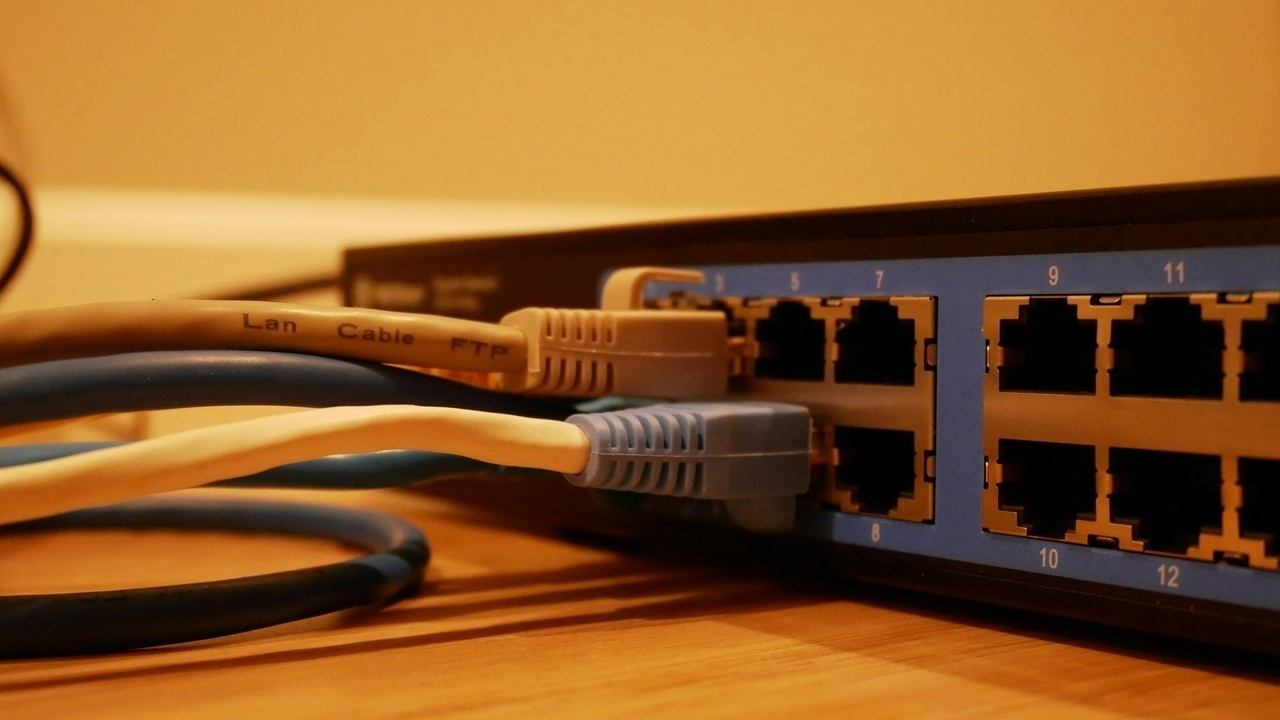Is Another Internet Possible?

In a recent issue of his “critical tech newsletter” The Disconnect, Paris Marx declared that the “digital revolution has failed.” He then lists plenty of reasons to back up his argument: the capture of the digital commons by big tech, particularly Google; the unfettered distribution of dis/misinformation by social media; addictive smartphone design; exploitative app-enabled gig-work; algorithmic discrimination; and even the proliferation of e-waste. He then concludes by saying that AI generated content is beginning to overwhelm the internet with synthetic information, evoking the underlying fears behind the conspiratorial dead internet theory.
I don’t necessarily disagree with Marx’s general argument that today’s internet is far from the digital utopia promised by the 1990s net libertarians, but his conclusions don’t point to any concrete action to steer the internet in a different direction:
The time for tinkering around the edges has passed, and like a phoenix rising from the ashes, the only hope to be found today is in seeking to tear down the edifice the tech industry has erected and to build new foundations for a different kind of internet that isn’t poisoned by the requirement to produce obscene and ever-increasing profits to fill the overflowing coffers of a narrow segment of the population.
What could these “new foundations” be? Marx doesn’t explicitly say, but adds: “There were many networks before the internet, and there can be new networks that follow it.” I wish he linked to something explicit, but maybe he’s referring to the old electronic bulletin board systems. To be fair, there are some alternatives to the internet gaining interest from people who want to avoid today’s overly commercialized, surveilled web, such as TOR.
But as long as platforms like TiKTok and Instagram have billions to spend to engineer addictive and deceptively easy-to-use platforms, I don’t see how any of these alternative networks can attract mass appeal. The big platforms have lowered the cost of entry to people to monetize the digital commons, even though in the process it means giving up control of a public good.
Monday March 11, 2024